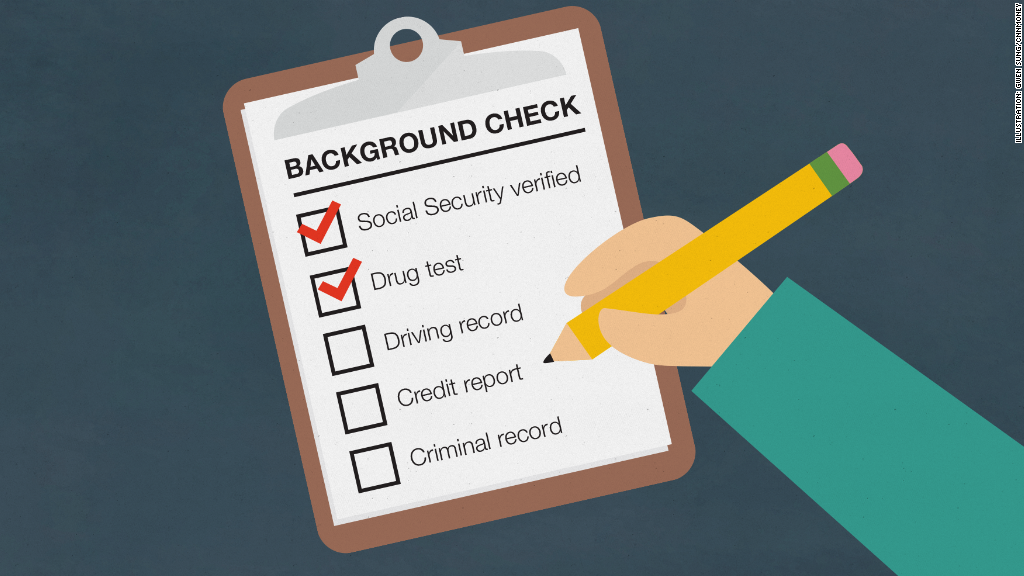Evaluating the effectiveness of your business mentor is a crucial aspect of your mentorship journey. Regularly assessing the impact and value of the mentorship will help you make informed decisions and maximize the benefits of the relationship. Here are some key steps to effectively evaluate the effectiveness of your business mentor.
1. Define Evaluation Criteria
Before you can evaluate the effectiveness of your mentor, it’s essential to define the evaluation criteria. Consider what specific outcomes or areas of improvement you expected to achieve through the mentorship. These could include enhanced skills, expanded networks, increased revenue, improved decision-making, or personal growth. Clearly defining your evaluation criteria will provide a framework for assessing the mentor’s impact.
2. Regularly Assess Progress
Set regular intervals for assessing your progress and the impact of the mentorship. This could be monthly, quarterly, or at key milestones. Evaluate the goals you established with your mentor and measure the progress made towards achieving them. Consider both tangible outcomes, such as revenue growth or skill development, as well as intangible factors like increased confidence or improved leadership abilities.

3. Seek Feedback from Trusted Sources
It can be valuable to seek feedback from trusted sources who interact with you and observe your business closely. This could include employees, colleagues, or other mentors. Ask them for their observations and insights on the changes they have noticed in your skills, decision-making, or overall business performance. Their feedback can provide an external perspective on the mentor’s impact.
4. Reflect on Your Growth
Take time to reflect on your growth and development throughout the mentorship. Consider how your knowledge, skills, and mindset have evolved as a result of your mentor’s guidance. Reflect on specific instances where the mentor’s advice or support has made a difference in your decision-making or problem-solving abilities. Self-reflection is a valuable tool for assessing the mentor’s effectiveness on a personal level.
5. Evaluate Alignment with Goals and Expectations
Revisit the goals and expectations you established at the beginning of the mentorship. Assess whether the mentor’s guidance and support align with these goals and whether they are addressing your specific needs. Consider whether the mentor has been able to provide relevant insights, challenge your thinking, and offer valuable perspectives. Evaluating alignment will help you determine whether the mentor is meeting your expectations.
6. Communicate Openly with Your Mentor
Effective communication is key to evaluating the mentor’s effectiveness. Schedule regular check-ins with your mentor to discuss your progress, challenges, and any areas of improvement. Provide feedback on the mentor’s guidance and share your thoughts on the mentorship experience. Open and honest communication will enable both you and your mentor to assess the effectiveness of the relationship and make any necessary adjustments.
7. Be Open to Adjusting the Mentorship Approach
Mentorship is a dynamic process, and adjustments may be necessary along the way. If you feel that certain aspects of the mentorship are not meeting your expectations or yielding the desired results, discuss these concerns with your mentor. Explore potential modifications to the mentorship approach, such as focusing on different areas, adjusting the frequency of interactions, or seeking additional resources. Flexibility and adaptability are important in ensuring the effectiveness of the mentorship.
The Bottom Line
Remember that evaluating the effectiveness of a mentor should be done with a balanced perspective. It’s essential to recognize that mentorship is a collaborative process, and both parties contribute to its success.
The mentor’s role is to provide guidance and support, but the mentee also plays an active role in implementing the mentor’s advice and applying their learnings to their business. By conducting a comprehensive evaluation, you can make informed decisions about the mentorship and leverage the full potential of the relationship.
You May Also Like:





